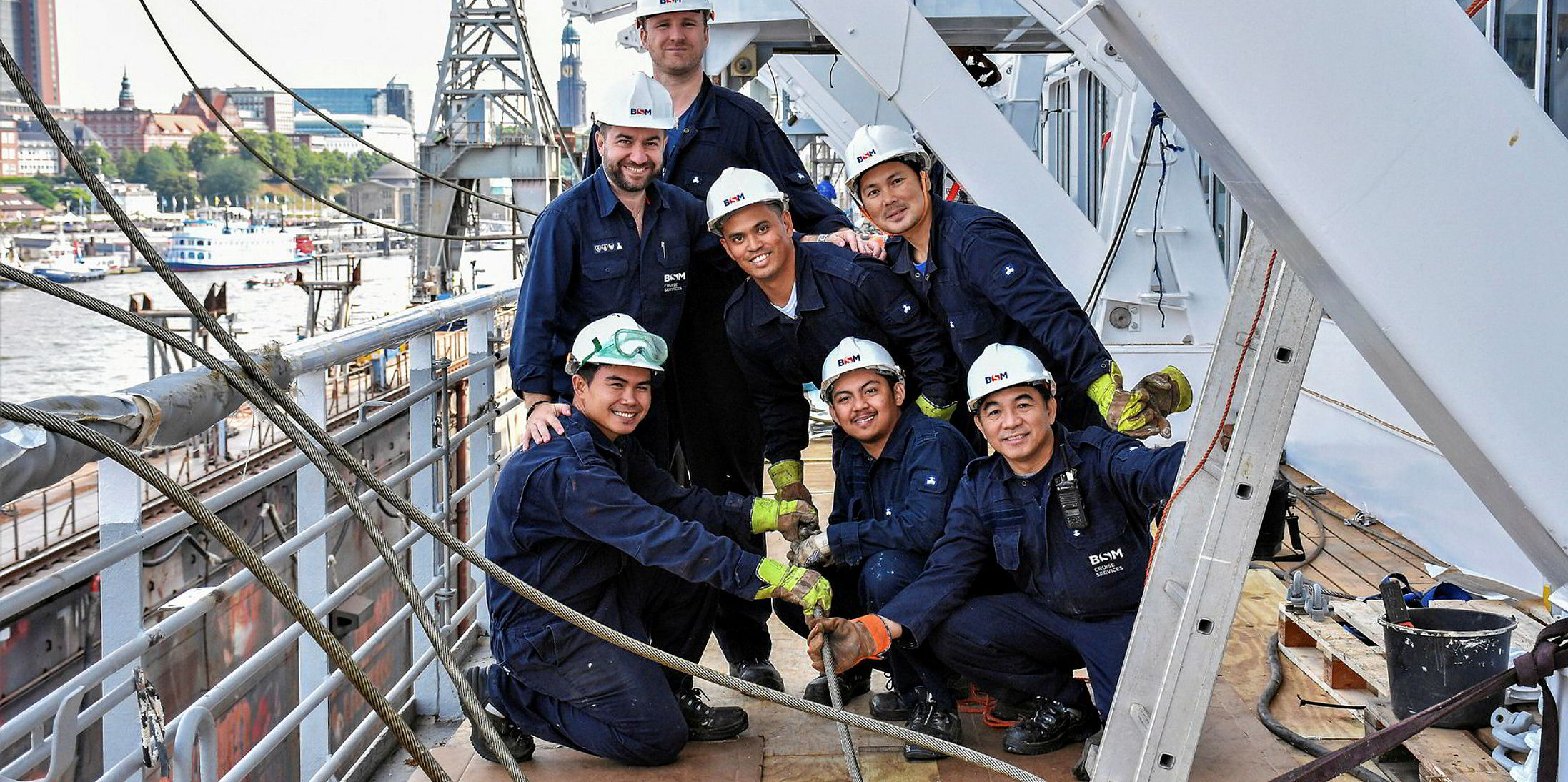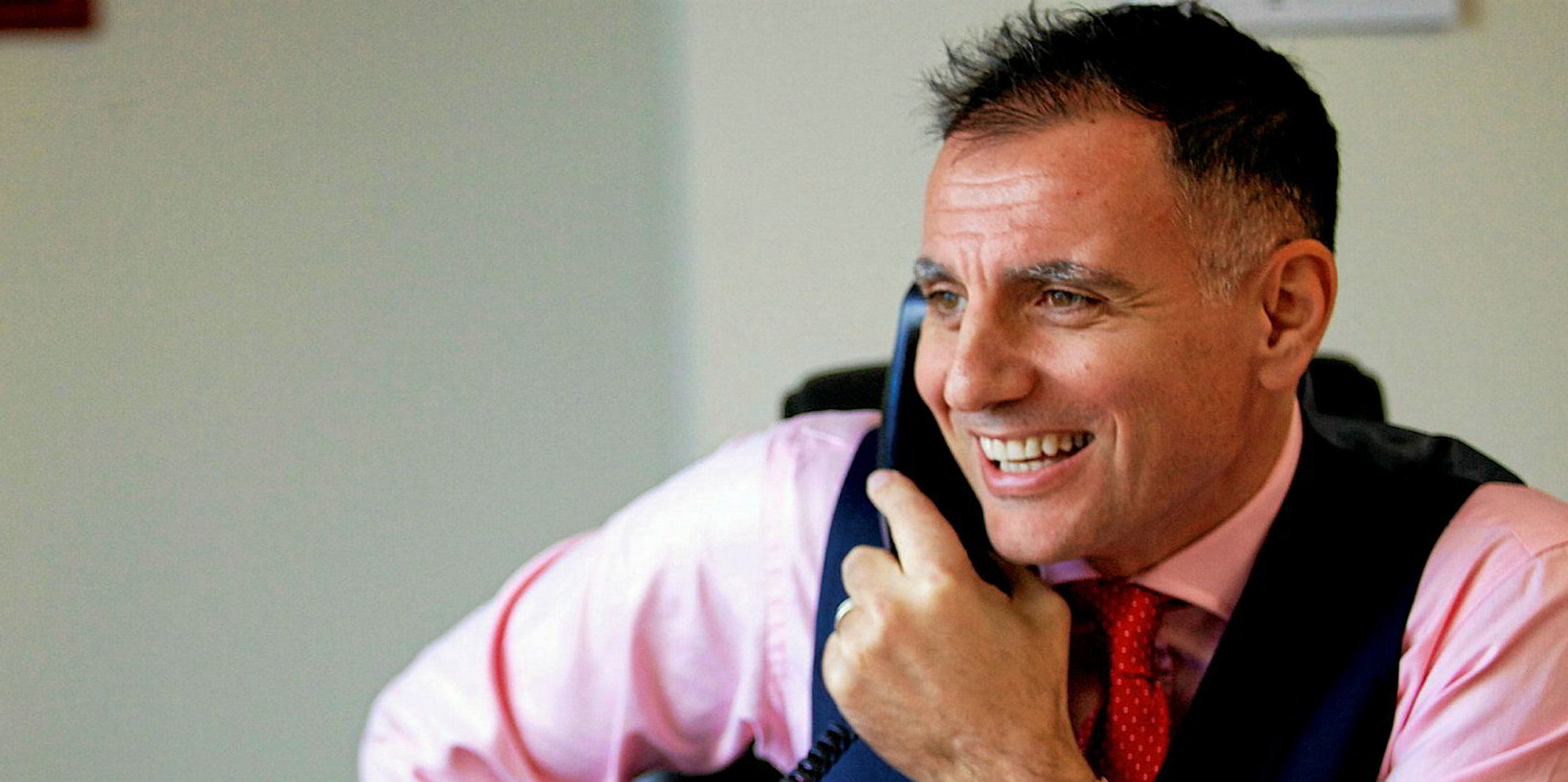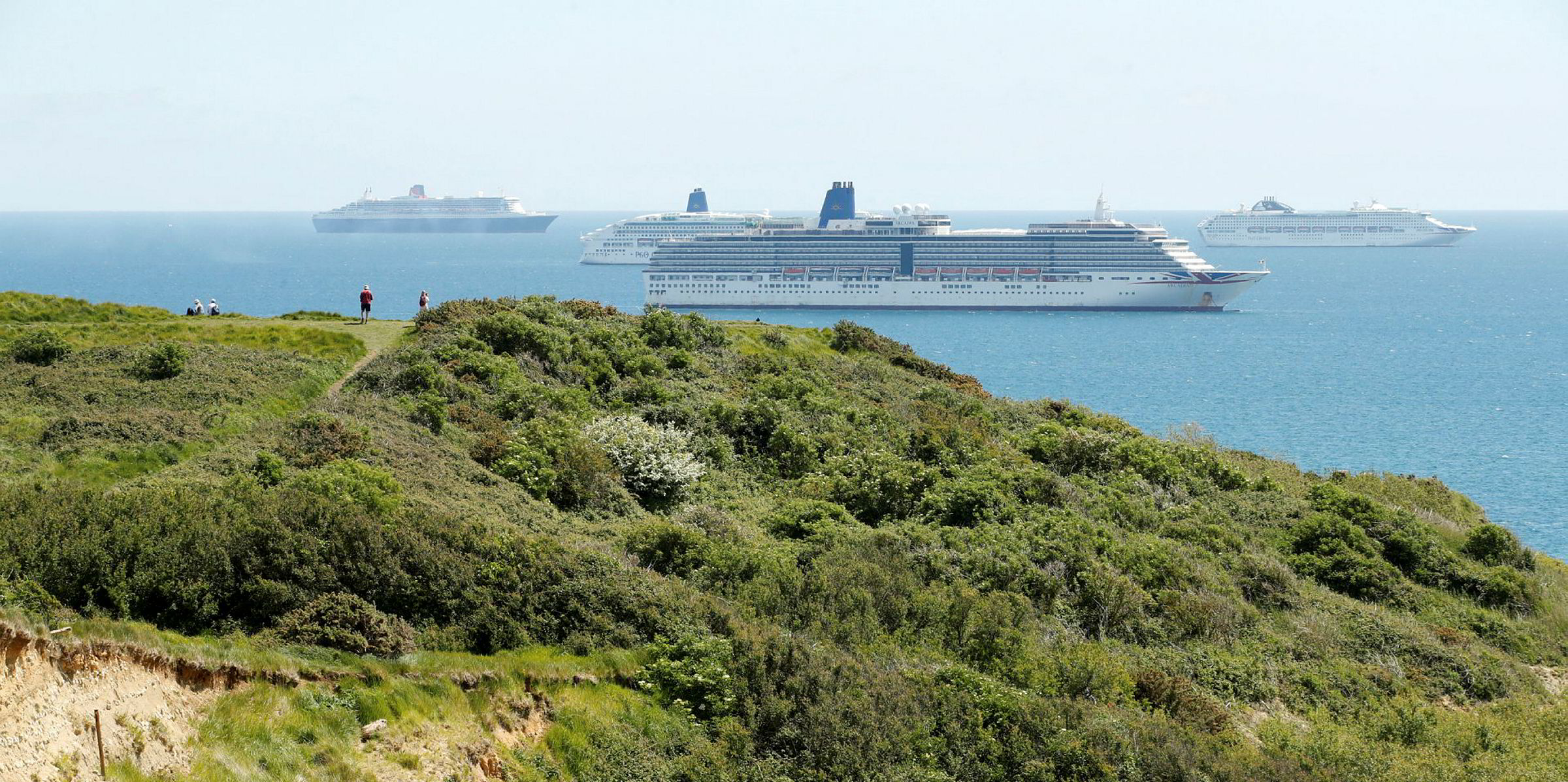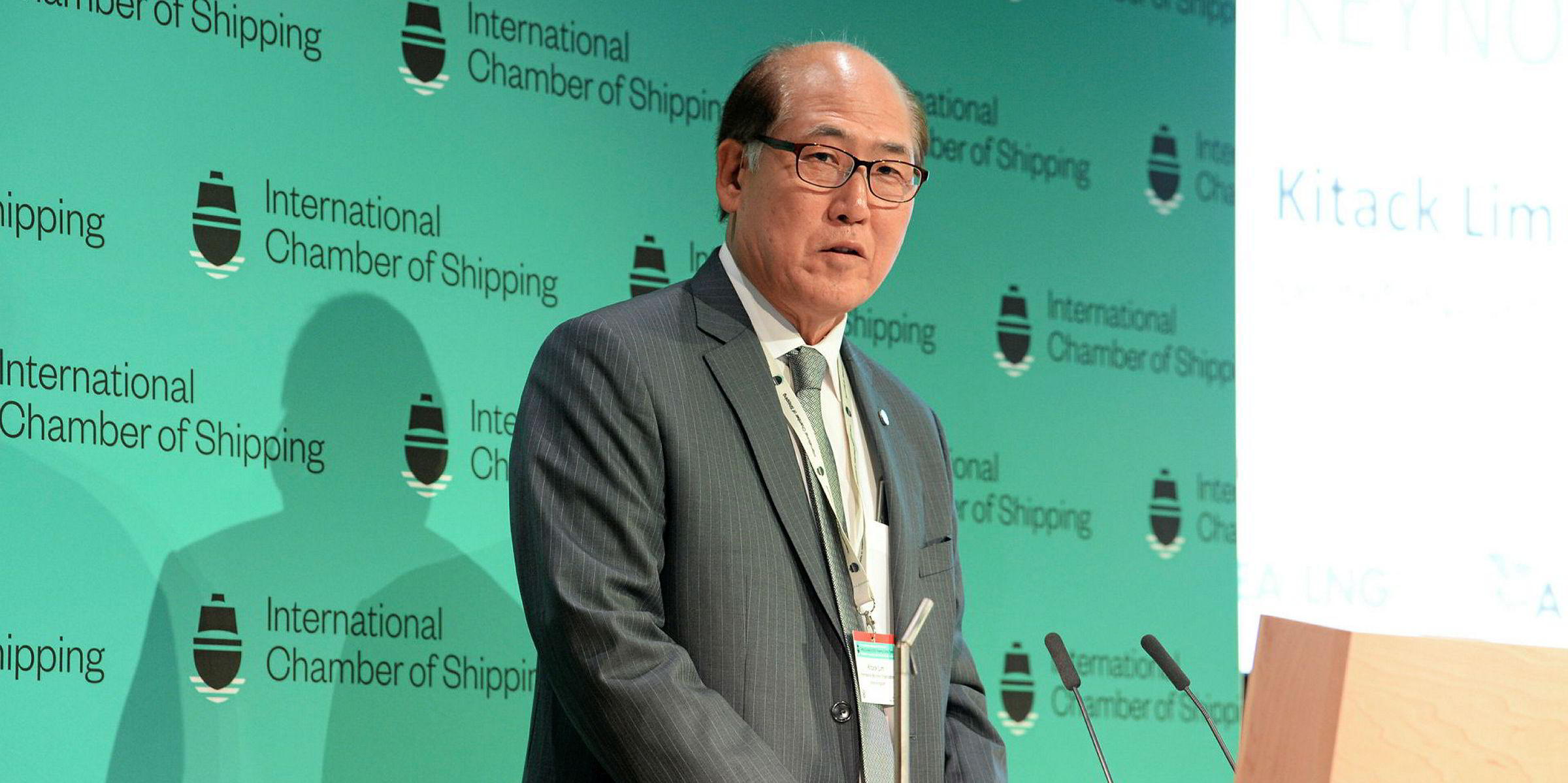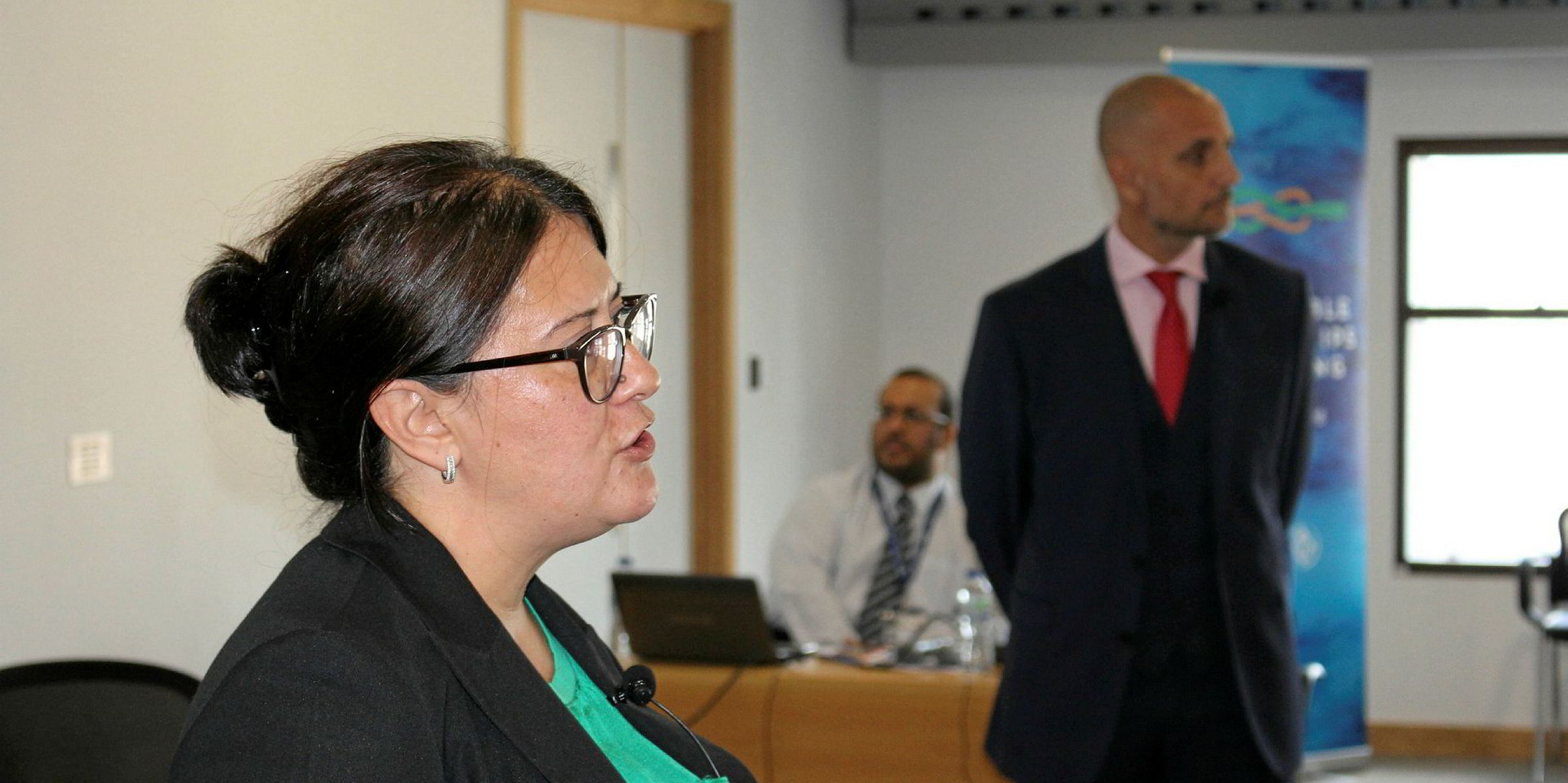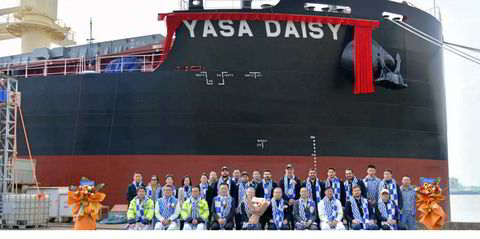Working practices worldwide have been shaken up by the coronavirus pandemic, with swathes of people now working from home or donning protective clothing. But there are a few workers who have been forced to stay at their workplace without respite for many months.
An unknown number of the 1.2 million seafarers aboard 65,000 ships at sea have endured this situation as crew changes have almost completely been halted.
At the beginning of the month, the International Transport Workers' Federation (ITF) said 150,000 seafarers need to be changed over by this week, with tens of thousands stuck on ships due to travel restrictions.
12-step approach
The situation is slowly improving, with the IMO having created a 12-step protocol, developed alongside industry groups and unions, covering seafarers’ journeys from their homes to ships and back, including flights.
The plan comes amid heart-wrenching news that at least three cruiseship seafarers took their own lives, and the International Seafarers’ Welfare and Assistance Network has reported a surge in helpline calls from seafarers unable to disembark from vessels due to restrictions.
But, at the same time, there is good news.
For instance, Hoegh this week said it had finally managed to conduct a crew change for all officers on its floating storage and regasification unit Esperanza who had been on board for four to six months, as well as those on the LNG carrier Arctic Lady.
Hoegh is just one of many companies overcoming the extreme problems of flight cancellations, airport closures, quarantine measures and travel bans.
There is no further time to wait — our efforts are urgently needed for the health and well-being of seafarers
European Community of Shipowners’ Associations
Shipmanagers organisation Intermanager has put together a league table of crew repatriation, which lists successful crew changes. Bernhard Schulte Shipmanagement tops the list with 536 seafarers repatriated to date.
Standard systems
Shell Shipping & Maritime has developed a standard process — including a two-week isolation, transfers from flights and hotels via disinfected taxis, and social distancing — that has been used to move eight crew in and out of a ship in the UK. The outfit now plans to use the system for further changeovers.
With 18 cruiseships and 7,000 seafarers waiting to disembark in Manila Bay alone, The Mission to Seafarers has been using a specially adapted minibus to transfer seafarers after mandatory quarantine to transport hubs outside the city.
And specialist travel management firm ATPI Marine & Energy is working with the International Maritime Employers’ Council to coordinate setting up charter flights to port cities that individual companies could not afford.
As Intermanager has said, it is small numbers but good first steps.
But the weakness in the IMO repatriation plan lies in the need for shipping companies to have to work with a myriad of individual government authorities to implement it. Its success comes down to their willingness to do so.
"At their heart is a call that, provided shipping companies broadly comply with and adhere to measures applicable to them, governments and their relevant national authorities should, for their part, do everything possible to allow crew changes to happen," the IMO said as it unveiled the protocols.
This week, shipping employers and union representatives backed a final 30-day extension to the employment of seafarers under the industry’s largest collective bargaining agreement aimed at giving governments time to allow crews to go home.
International Chamber of Shipping secretary general Guy Platten has previously summed up the situation: “The problem is simplistic, but the solution is complex.”
Coordination key
The European Community of Shipowners’ Associations — which ranks the problem of crew changes as the most urgent issue it needs support with — has, with the European Transport Workers’ Federation, written to the European Commissioner for Transport, requesting assistance in ensuring European Union-wide coordination on implementing the IMO plans.
They wrote that close coordination between the different services responsible for maritime, aviation, land transport, health, accommodation, police and border controls, visa and external affairs is crucial.
"Given the complicated nature of the procedures involved, only with joint efforts of all concerned and strong leadership and coordination can we manage. There is no further time to wait — our efforts are urgently needed for the health and well-being of seafarers" they said.
It can hardly be said clearer. A huge amount of coordinated international effort is needed now.
